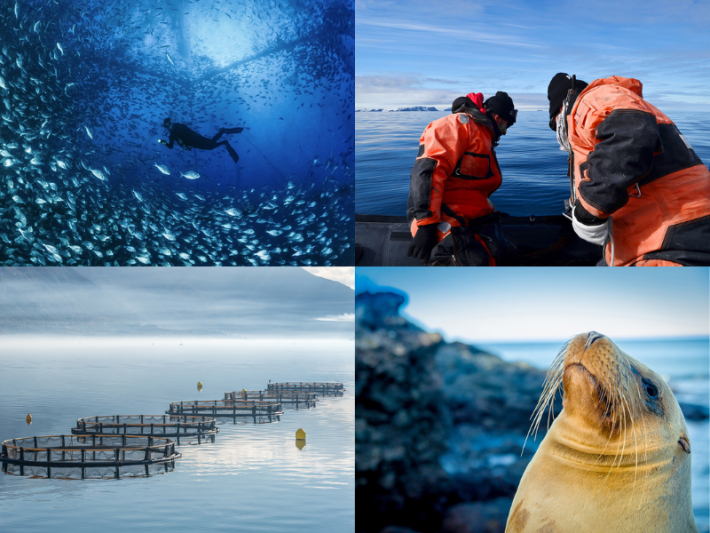Aquatic Ecology Meeting 2023 #BESAG2023
This year the Aquatic Ecology SIG will be getting together in Lancaster for their annual meeting. Aquatic ecologists from across the board are invited to join.

The annual Aquatic Ecology Group meeting is a friendly and inclusive forum for sharing the latest marine and freshwater research and networking in a small symposium setting. Early Career Researchers (ECRs) and students are warmly welcomed.
This year, the event will be hosted at Lancaster University, in partnership with Lancaster Environment Centre.
The first day of the meeting will be in-person only training workshops on
a) the use of machine learning approaches for ecological data analysis (led by Will Pearse, Imperial College London) and
b) practical assays for monitoring biodiversity and gene-to-ecosystem response to change in freshwaters (led by Maria Cuenca-Cambronero, University of Vic).
The workshops are specifically aimed at ECRs (13:00-18:30).
The second day will be a hybrid conference with keynote presentations from world-leading invited speakers. We will also hear from the outstanding 2023 ECR award winner (sponsored by Global Change Biology) and there will be an opportunity for attendees to present lightning talks (09:00-17:30).
Registration
Registration is now closed.
Abstract submission
Abstract submission is now closed.
Meet the speakers!
Prof Ivana Buj, Professor in population and conservation genetics at the University of Zagreb: “How past evolution and present genetic structure can help save fish species from extinction”
Prof Lisette de Senerpont-Domis, Professor in Smart Ecological Monitoring of Aquatic Systems working at the Netherlands Institute of Ecology (NIOO-KNAW): “Team science = dream science: Why wicked water problems need diverse teams”
Prof Stephanie Hampton, Deputy Director Biosphere Sciences & Engineering at Carnegie Science: “Under-ice ecology in a warming world”
Prof Michael Sweet, Professor of Molecular Ecology, University of Derby: “Harnessing the microbiome to prevent global biodiversity loss: a proof of concept from tropical coral reefs”
Prof Jason Hall-Spencer, Professor of Marine Biology at the University of Plymouth: “Effects of ocean acidification and warming using natural analogues”
Dr David Jacoby, Lecturer in Zoology at Lancaster University: “Exploring the interface between fish behaviour and ecosystem functioning”
Accommodation
Rooms are available for delegates at Lancaster University and can be booked here. Please use the code AESIG when you book.
Event communication
Keep an eye on our Twitter account (@BES_AquaEco) and mailing list (details on how to join here) for news about #BESAG2023
Code of conduct
The BES code of conduct can be found online at the link below.
If you have any queries about this event, please contact aquatic@britishecologicalsociety.org.
Like what we stand for?
Support our mission and help develop the next generation of ecologists by donating to the British Ecological Society.